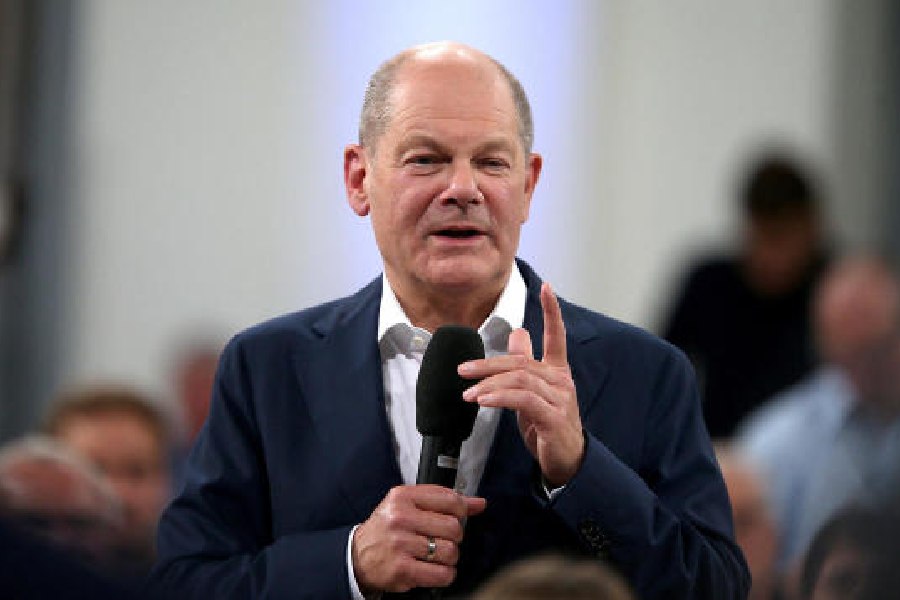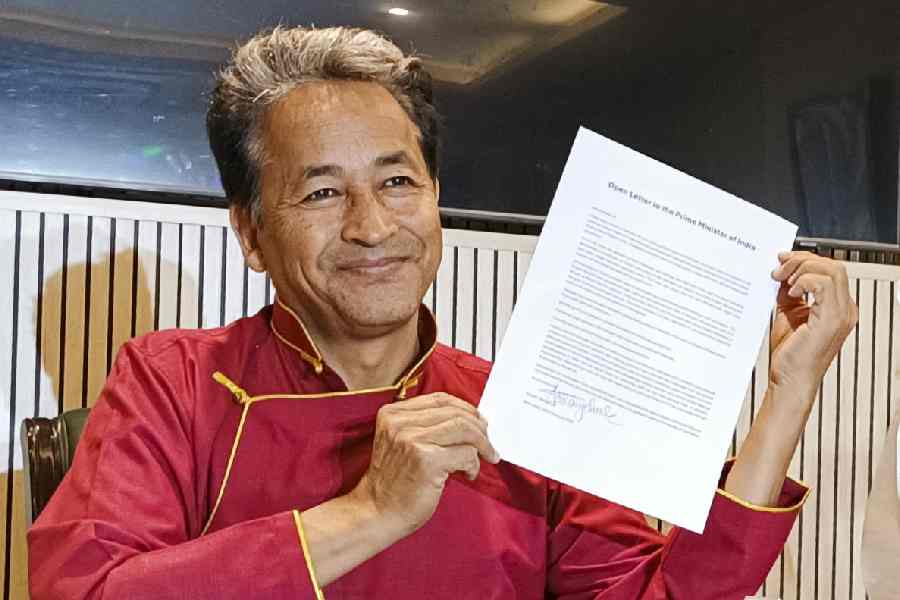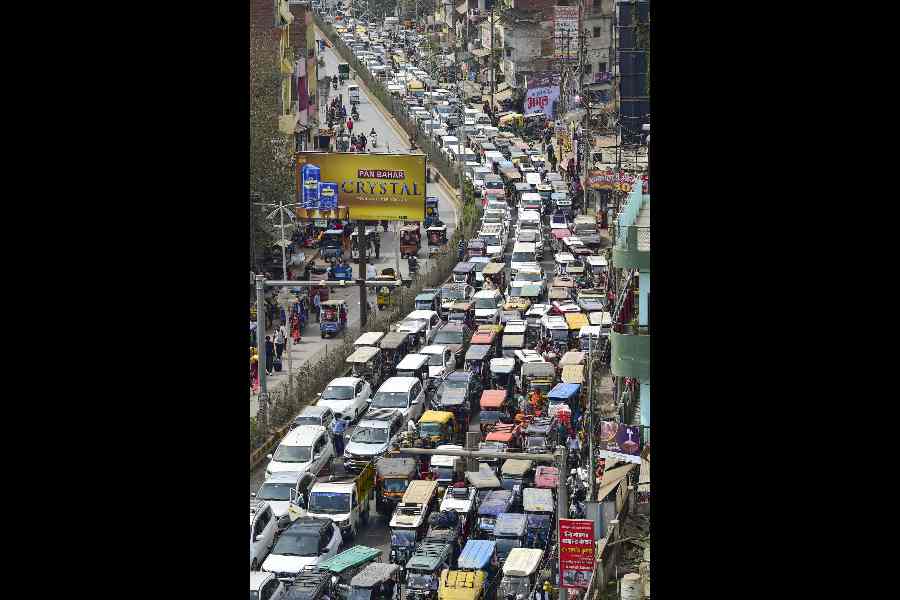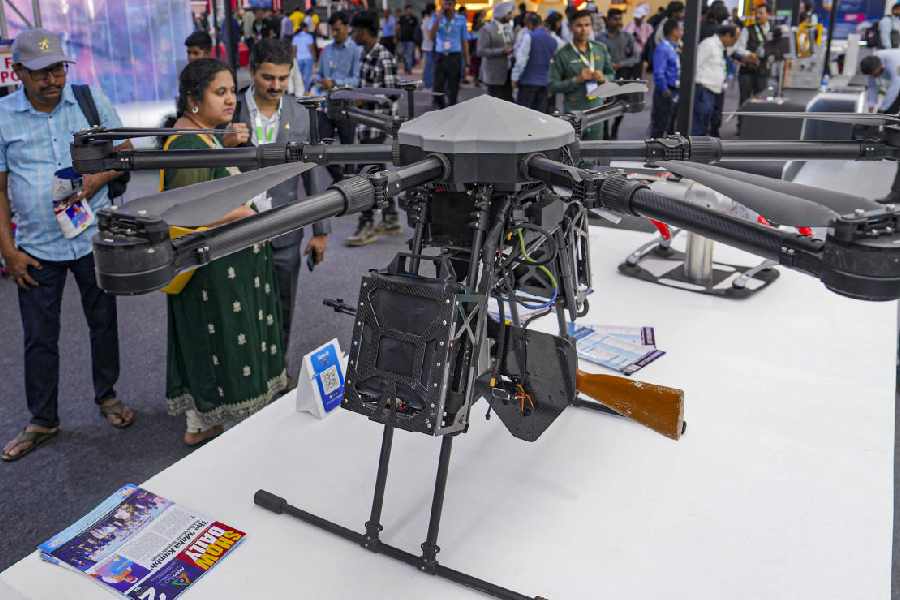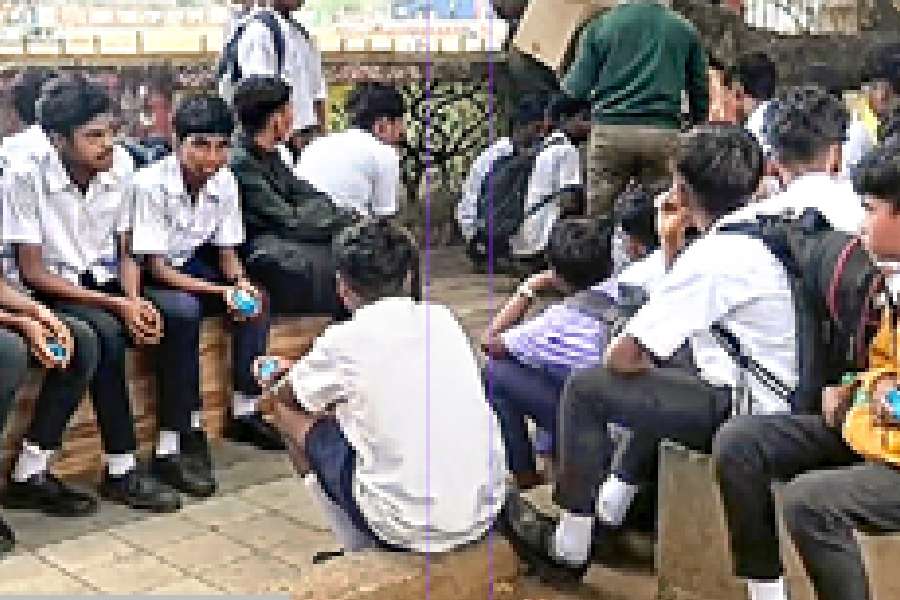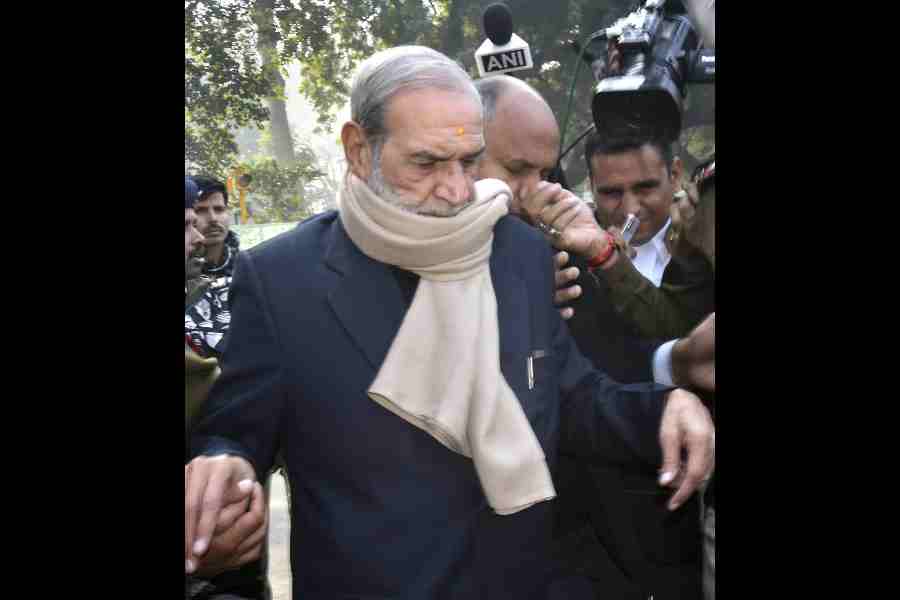When government leaders in Saxony learned that Rheinmetall, Germany’s most prominent arms manufacturer, was considering building a new munitions factory in the former East German state, they saw visions of an economic boom.
It was a chance, they thought, to capitalise on the city’s storied airfield — home to the Red Baron in World War I, the Nazis in World War II and the Soviets in the decades that followed — to bring in hundreds of jobs and a slice of a huge infusion of federal funds to rebuild Germany’s depleted armed forces.
Some in the chosen city of Grossenhain, with a population approaching 20,000, saw it differently.
Sixteen of 22 members of the City Council signed a letter to Chancellor Olaf Scholz urging him to block the project. The local wing of Alternative for Germany, or AfD, the resurgent far-Right political party, held a rally in June where speakers railed against arms sales to Ukraine. Residents lined up to sign a petition circulated by the city’s Left Party.
“We reject a further economic-military use after years of military use,” the petition read. “We do not want to be involved in wars all over the world in a roundabout way.”
Perhaps easily dismissed as small-town politics, the revolt in tiny Grossenhain in fact reveals far larger unease among some Germans, particularly in the former communist East, about their country’s commitment to arming Ukraine, despite the chancellor’s professed “Zeitenwende”, or turning point, towards a more assertive foreign policy.
Support for that pivot has been muted by the decades East Germany spent as a Soviet satellite during the Cold War, which left the region with both a lingering fear of Russia and an affinity for it.
More broadly, many Germans still hold a deep aversion to war and to defence spending in a country whose Nazi past has made it reluctant to invest in military power. The view from Berlin is one thing; the political realities on the ground are another.
“Lots of people are coming from the ’80s, or the ’70s, or the ’60s — that, ‘We don’t want weapons anymore. We don’t want an army anymore. This is not needed anymore. We want to live in peace with Russia,’” said Sebastian Fischer, a member of Saxony’s state Legislature who held listening sessions with voters about their concerns regarding the factory.
“It’s very difficult to explain to people why we should defend Ukraine.”
The opposition to a proposed factory in Grossenhain began almost immediately after Rheinmetall’s CEO, Armin Papperger, said in an interview in January that he was in discussions with the federal government about building a powder munitions plant in Saxony to meet a surge in demand caused by the efforts of Kyiv and its western allies to resist the Russian invasion of Ukraine.

